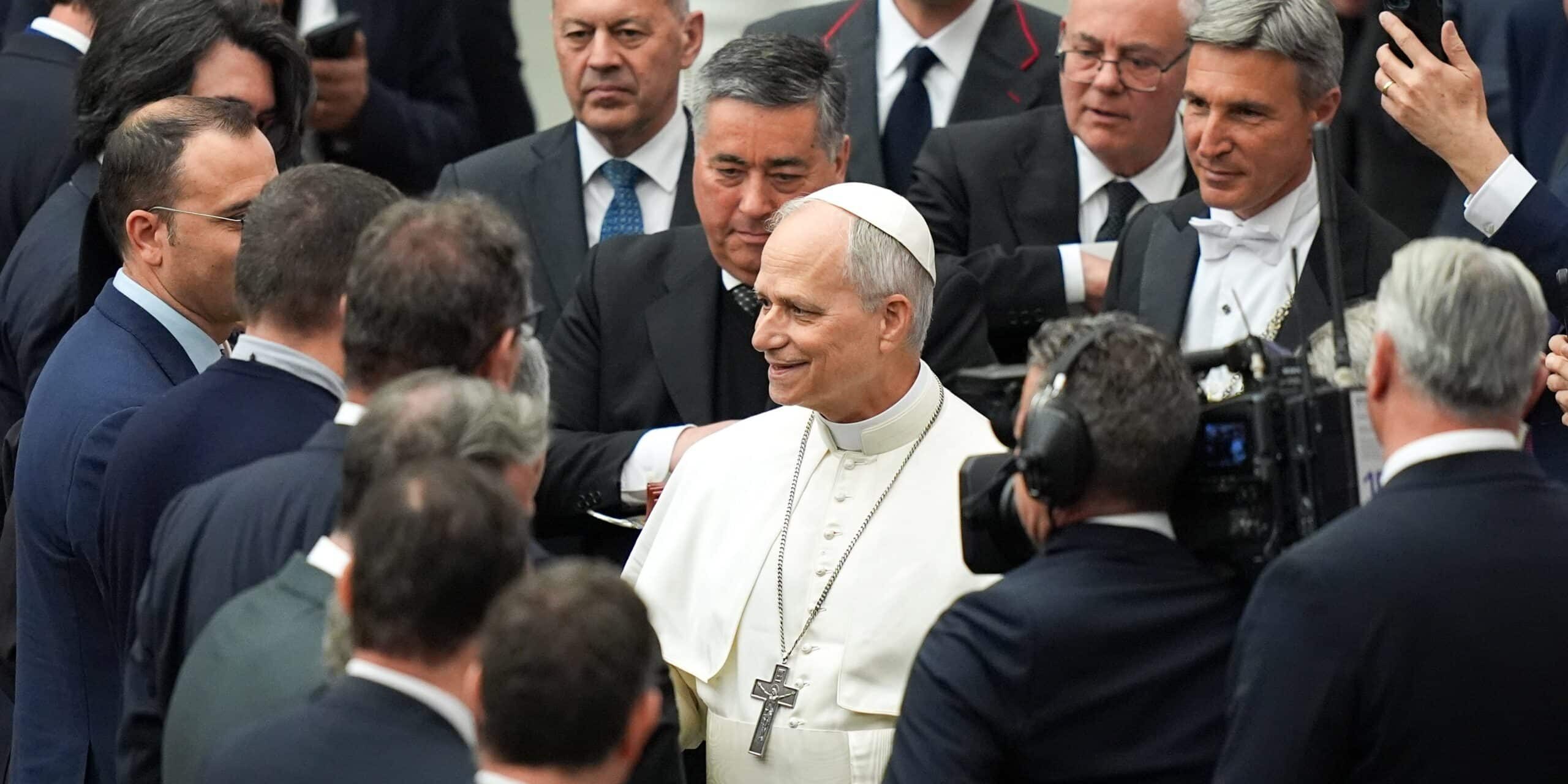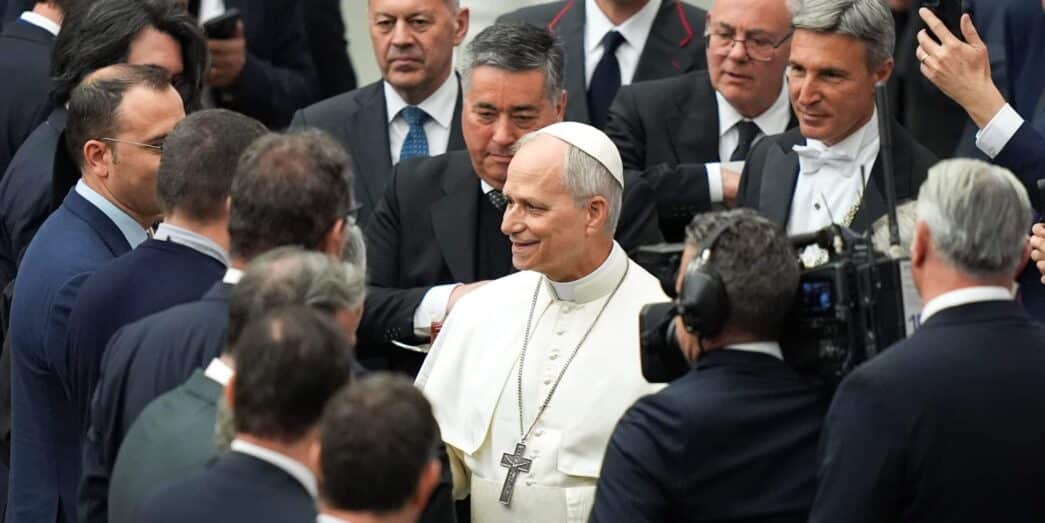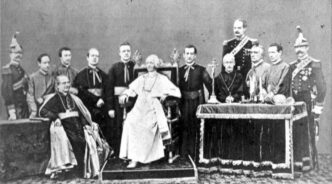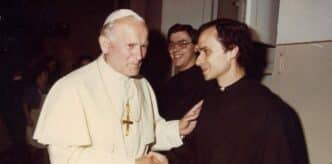It’s a claim that scandalizes the modern mind, and that scandal helps explain why Pope Leo XIV will never completely please those outside the Church. (Or some inside.) It’s a claim that makes those who talk about the Catholic Church to others — who can be hostile, incredulous or just baffled — say, “Look, I didn’t make up this stuff.”
The claim that scandalizes the modern mind asserts that the Catholic Church knows many things to be true, not only about religion but about human life in the world, and the pope cannot change the teaching in the way they want him to. He won’t change his mind the way politicians change theirs.
A lot of people can’t believe this claim, or don’t want to believe it. That explains all the earnest stories and social media posts looking for signs that a new pope will modify whatever part of the Church’s teaching the writers don’t like — the hope that this time, the pope won’t be so popish about being the pope.
They want the answer to the old joke “Is the pope Catholic?” to be, “Not as much anymore.” They look for signs that a new pope will be or won’t be, and they’ll keep looking as long as they think they have reason to.
The best foundation
But he won’t be. The Church believes that in her teaching she has the best foundation for building the structures human beings should build. Catholics can build upon it well or badly, they can refuse to live in the building themselves, but they can’t change the foundation.
The foundation limits what Catholics, including the pope, can say about religious matters, the way a building’s foundation limits and to some extent decides what can be built on top of it. If you believe you have the right foundation, you can’t build on any other one.
That foundation differs in major features from the foundations other people want the world to build on. Most people outside the Church (and, again, many inside the Church) object to some aspect of Catholic teaching they believe to be out of date and oppressive.
They want what they think is best for people. They believe that much of what the Church teaches is unrealistic, unkind, unpastoral, uncaring, too restrictive or too exclusive, a relic of the past or an intrusion of the present, irrelevant or chasing after relevance, too rejecting of the world or too accepting. The Church, they believe, can do better.
Conflict with the world
Some object to the Church’s teaching on poverty, immigration and war, others to the Church’s teaching on human sexuality. More deeply, both object to the Church having a settled teaching on the subject they care about and refusing to change it.
The new pope took the name Leo after Pope Leo XIII. Leo XIII’s encyclical Rerum Novarum, published in 1891, gives a good example of how the Church’s teaching conflicts with the ideas dominant in the world.
Leo XIII declares that an owner cannot do whatever he wants with his property and in fact must use it for the good of others, particularly his own workers. He also declares that, within the limits just described, the state must protect private property and people’s freedom to employ their goods as they think best and that the state cannot own everything.
The limits and responsibilities imposed by the first declaration are greater than the political right wants, and the responsibilities and limits imposed by the second declaration are greater than the political left wants. They have different foundations.
You would not find in any major publication of the right, like Reason or National Review, nor in any major publication of the left, like The Nation or Jacobin, much agreement with Leo XIII’s complete vision for economic life.
The pope will do that kind of thing all the time, because he proclaims a faith that sees the world in its own way. He builds on a different foundation.
Dashing the world’s hopes
A new pope will always, eventually, dash the hopes of those who want the Church to something other than Catholic. To be fair, those hopes are not unreasonable, from their point of view.
They ask, how can an institution think it has the final truth on these matters when everyone else disagrees? How can the Church claim ancient writings and miraculous stories about a man named Jesus as authoritative and as the criteria by which it judges modern knowledge? And who can believe the institution’s claims that its teachings offer an authoritative “sacred tradition“? And that one man speaks for it? Why won’t it modify its claims in conversation with the rest of the world?
We can explain all this, but our best answer is to build well on the foundation.








